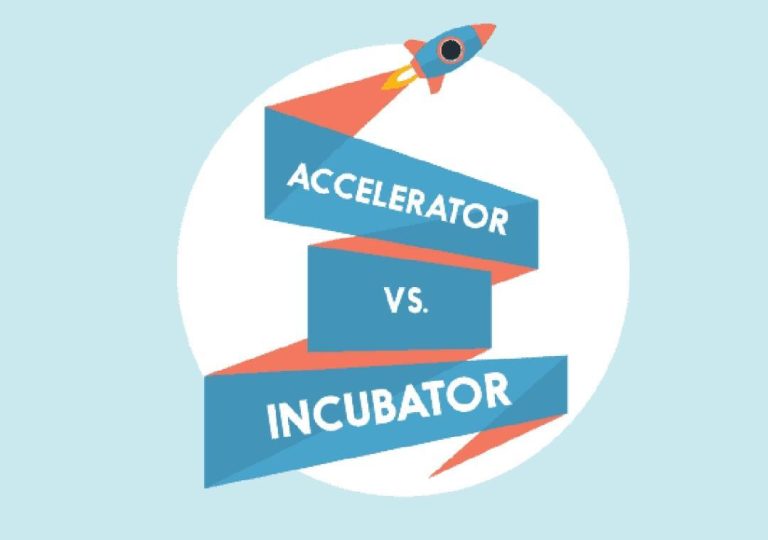
Partner Ecosystems Emerging as Solar’s New Growth Engine
The solar industry has traditionally relied on cold leads and aggressive marketing tactics to drive sales. However, as the market becomes increasingly saturated, solar companies are recognizing the need to think outside the box and form unexpected alliances to stay ahead of the competition. Enter the partner ecosystem – a network of interconnected partners that work together to drive sales, reduce customer acquisition costs (CAC), and embed solar into lifestyle decisions. In this post, we’ll explore the emergence of partner ecosystems in the solar industry and what it means for the future of growth.
The Rise of Partner Ecosystems
Partner ecosystems are nothing new in the business world. Companies like Amazon, Google, and Apple have long leveraged partnerships to expand their reach, improve customer experiences, and drive innovation. In the solar industry, however, partner ecosystems are a relatively new phenomenon. According to a recent report by Wood Mackenzie, the number of solar companies partnering with other companies has increased by over 50% in the past two years alone.
So, what’s driving this trend? For starters, the solar market is becoming increasingly crowded. With more companies entering the space, it’s becoming harder to stand out and attract new customers. Partner ecosystems offer a way for solar companies to differentiate themselves and expand their reach by partnering with complementary businesses.
Real Estate Brokers: An Unexpected Ally
One of the most unexpected partner ecosystems to emerge in the solar industry is the partnership between solar companies and real estate brokers. Real estate brokers, who are often the first point of contact for homebuyers and sellers, are now working directly with solar companies to promote solar energy solutions to their clients.
This partnership makes sense for several reasons. For one, real estate brokers are already trusted advisors for homebuyers and sellers. By partnering with solar companies, they can offer their clients a comprehensive service that includes solar energy solutions. Additionally, real estate brokers are well-positioned to promote solar energy to their clients, as they often have a deep understanding of the local market and can identify opportunities for homeowners to save money on their energy bills.
Electric Vehicle Dealers: Another Key Partner
Another key partner ecosystem in the solar industry is the partnership between solar companies and electric vehicle (EV) dealers. With the rise of electric vehicles, solar companies are recognizing the opportunity to partner with EV dealers to promote solar energy solutions to EV owners.
This partnership is particularly compelling because EV owners are often environmentally conscious and looking for ways to reduce their carbon footprint. By partnering with EV dealers, solar companies can offer EV owners a comprehensive solution that includes solar energy, charging infrastructure, and energy storage. This not only helps to reduce the overall cost of ownership for EVs but also provides a tangible benefit to the environment.
The Benefits of Partner Ecosystems
So, what are the benefits of partner ecosystems for solar companies? For starters, they offer a way to expand reach and reduce CAC. By partnering with complementary businesses, solar companies can tap into new customer bases and reduce the need for aggressive marketing tactics. Additionally, partner ecosystems can help to improve customer experiences by providing a more comprehensive service that meets the needs of customers.
The Future of Growth
So, what does the future hold for the solar industry? As the market becomes increasingly saturated, solar companies will need to think creatively to stay ahead of the competition. Partner ecosystems offer a promising solution, as they can help to reduce CAC, expand reach, and embed solar into lifestyle decisions.
In the future, we can expect to see more unexpected alliances emerge in the solar industry. For example, we may see partnerships between solar companies and home automation companies, or between solar companies and energy efficiency service providers. The key is to identify complementary businesses that can help to drive sales, reduce CAC, and improve customer experiences.
Conclusion
Partner ecosystems are emerging as a key growth engine for the solar industry. By forming unexpected alliances with complementary businesses, solar companies can expand their reach, reduce CAC, and embed solar into lifestyle decisions. As the market becomes increasingly saturated, solar companies will need to think creatively to stay ahead of the competition. Partner ecosystems offer a promising solution, and we can expect to see more unexpected alliances emerge in the future.
References:
- Wood Mackenzie: “Solar Partnerships: A New Growth Engine for the Industry”
- Growth Jockey: “Scaling Your Solar Business for Growth”






